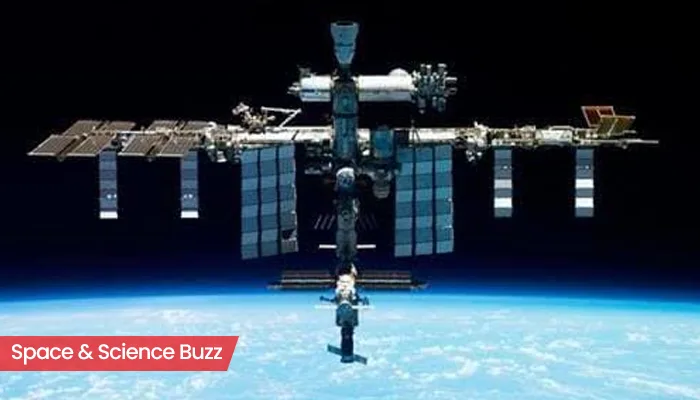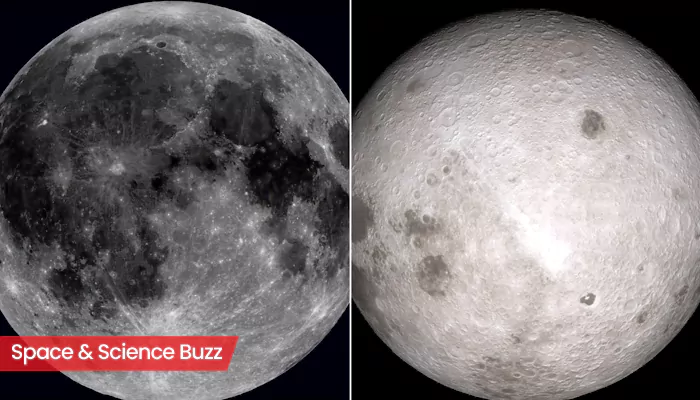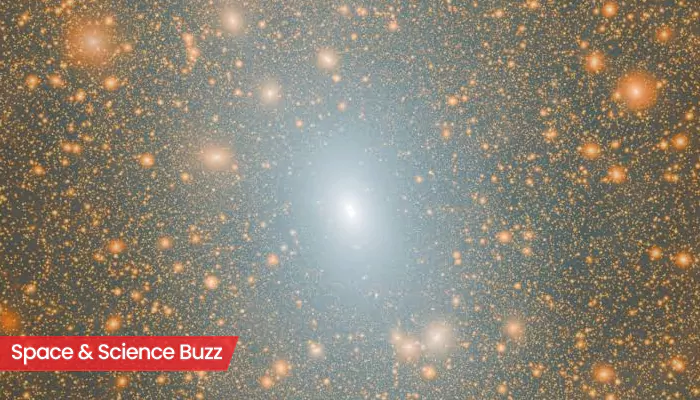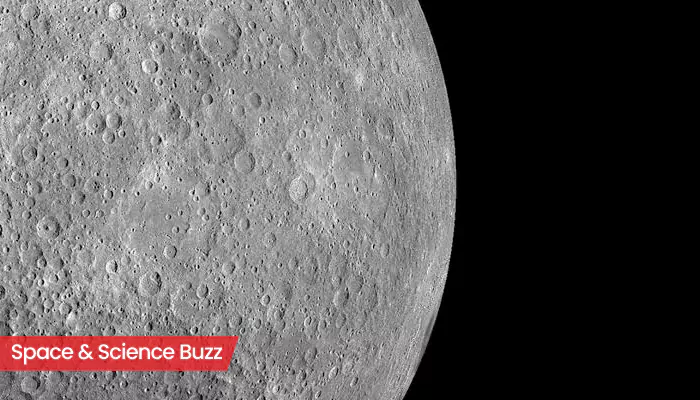
Here are today’s most important updates from the realm of Science and Space.
Space Selfies Just Got Real—Earth in the Background, You in the Spotlight
Now you can take a picture of yourself in space without actually going there. A new satellite that will launch soon let you click a selfie with Earth in the background. Mark Rober, the man behind the satellite said: "one small step for mankind, one giant leap for your selfie game". The innovative satellite has a Google Pixel phone on board with a radiation-resistant case protecting it. Another camera faces it, which will snap a photo of your selfie with Earth photobombing it after you upload it to the phone. The satellite also has a GPS tracker on it with solar panels powering the phone. This "custom-built" satellite is named SAT GUS and will launch into space next month.
The Flight to the Cosmos: Bats Might Hold the Secret to Space Survival
Bat Blood and Starships: Are We Closer to Interstellar Dreams?https://t.co/zoZkvgcczu pic.twitter.com/gU1kUvN1Fv
— Science Academy (@Academ18Academy) December 2, 2024
(Credit - X/@Academ18Academy)
The human body is not meant for surviving in the vacuum of space, where radiation and other things can prove dangerous. Thus, sleeping throughout the trip, or hibernating, might be a solution. Scientists recently said that the key to travelling through space while asleep might lie in the blood of bats. This mammal is known to live in extremely cold places for prolonged periods, because of the presence of a type of red blood cell, named erythrocyte. With the drop of temperatures, the erythrocytes of the bats remained normal and elastic, and seemed to adapt to the cold. However, human erythrocytes became more viscous and less flexible at below-normal body temperature, as revealed by researchers from Greifswald University in Germany.
Mars’ Hidden Secrets: Possible Alien Life Beneath the Surface

A team of scientists led by Andrea Butturini suggests that the ancient Martian plain of Acidalia Planitia may be a potential haven for microbial life, particularly methanogens, thriving deep beneath the surface. The scientists has identified a subsurface zone, between 4.3 and 8.8 kilometres deep, where conditions could support microbial activity. On Earth, methanogens are found in swamps, marshes, decaying organic matter, and even the guts of herbivores. To uncover evidence of life on Mars, researchers would need to drill miles beneath its surface- an endeavour requiring advanced crewed missions and technologies that are still years away from feasibility.
Turning Point: JNU Scientists Redefine Malaria and COVID-19 Treatments

In a groundbreaking research, researchers from Jawaharlal Nehru University (JNU) have made a new discovery that could potentially change malaria and Covid-19 treatment. The research team has identified a human protein named Hsp70 (Heat Shock Protein 70), as a critical factor in the spread of diseases like malaria and Covid-19. The small molecule could act as a broad-spectrum treatment for multiple infections too. JNU Professor Ranganathan highlighted the urgency of the research, saying, "The world may have moved on from Covid-19, but as scientists, we must remain vigilant. Our discovery could help us prepare for future pandemics.”



.webp)


.webp)
.webp)




